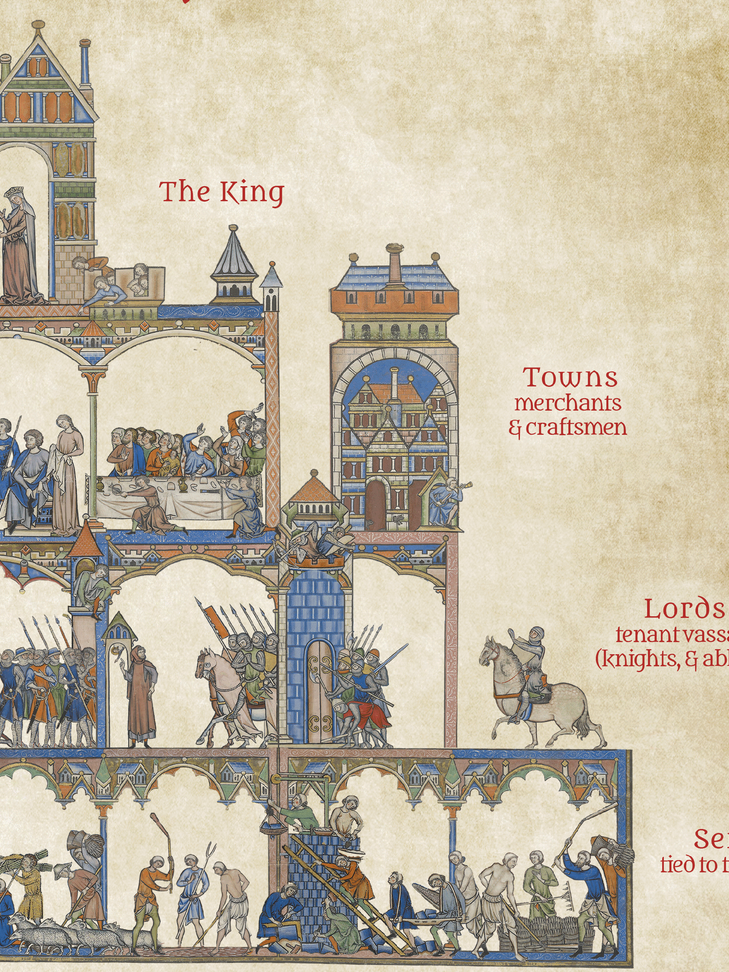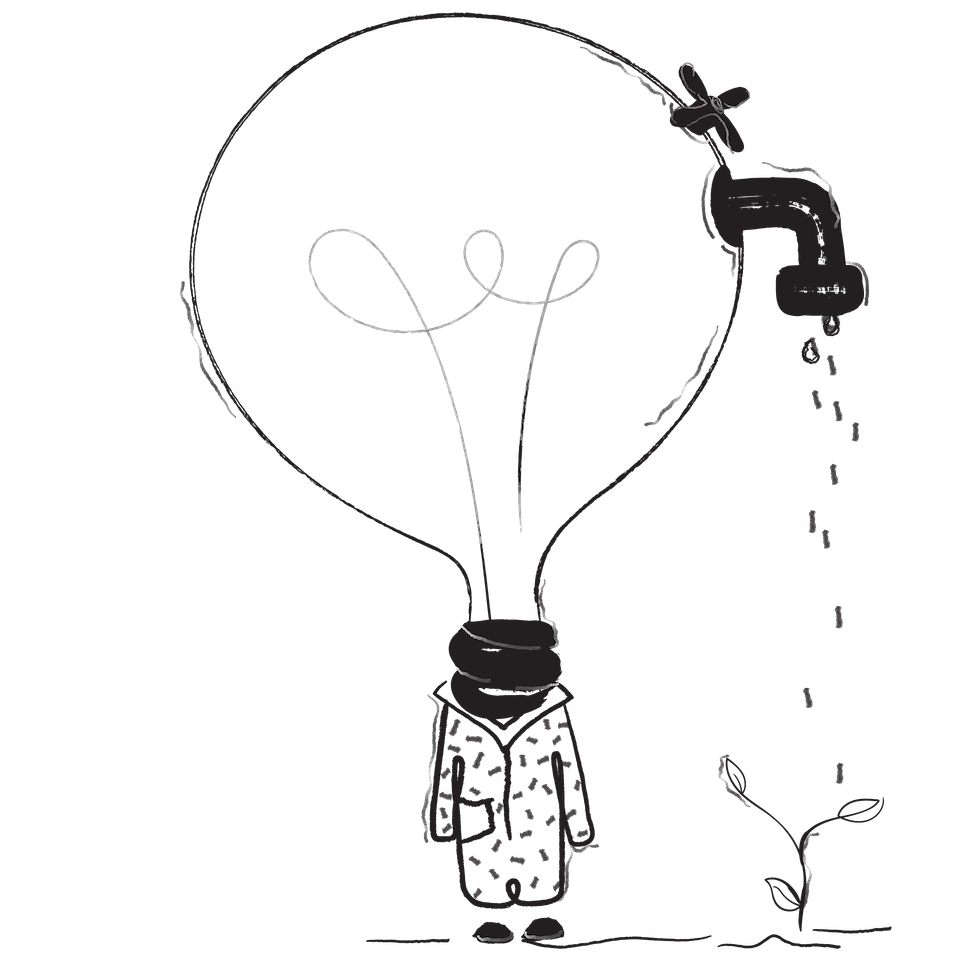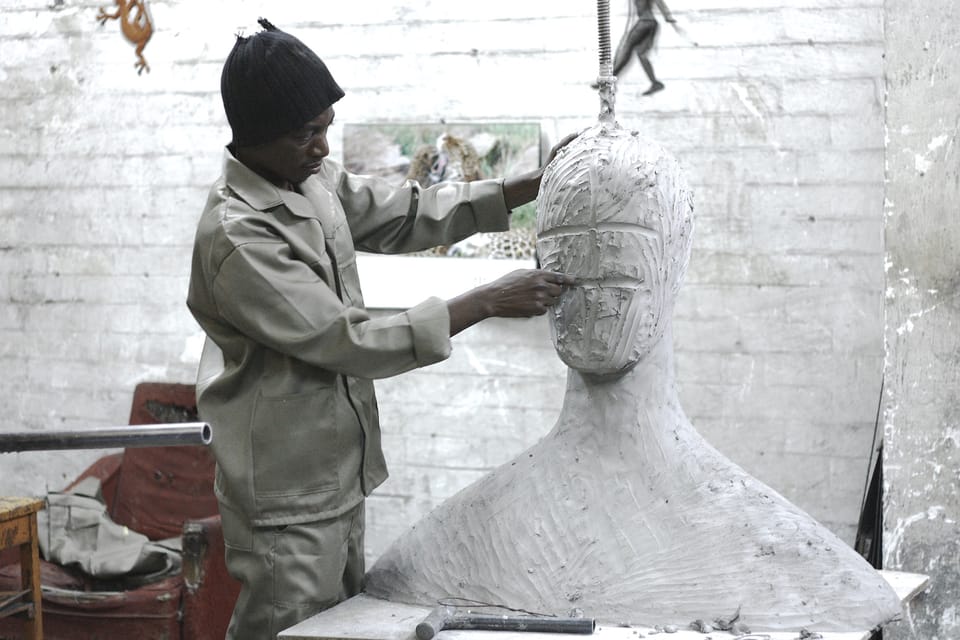long-read
In-depth explorations that thoroughly examine complex ideas through multiple perspectives. These comprehensive essays reward dedicated attention with nuanced understanding of intricate philosophical territories.
In-depth explorations that thoroughly examine complex ideas through multiple perspectives. These comprehensive essays reward dedicated attention with nuanced understanding of intricate philosophical territories.

From C-suites to cubicles, we've recreated medieval feudalism in modern offices. Executive elevators replace castle towers, MBAs substitute for noble titles, and 'cultural fit' ensures the aristocracy reproduces itself. Time to name what we see: corporate feudalism in designer suits.

Time theft wears no mask. It announces itself in Friday afternoon ‘urgent’ emails and lunch-hour meetings. We’ve normalized temporal violence in broad daylight, celebrating it as ‘dedication.’ What if reclaiming our time is the most radical act of resistance?"

We’ve turned pain into pathology and healing into a business plan. But what if our symptoms aren’t signs of brokenness, but clues that something larger is sick, and screaming to be overthrown?

In a world that increasingly demands absolute positions, the space between conviction and uncertainty becomes the most fertile terrain for genuine thought. Yet this middle ground is rapidly disappearing from our conversational landscape.

In our relentless pursuit of productivity, we’ve inverted an ancient wisdom: leisure isn’t what remains after work, but the foundation from which meaningful work emerges.

Categorizing capabilities as “hard” or “soft” skills fragments what is fundamentally whole. This artificial division reflects a philosophy that reduces humans to skill assemblages rather than integrated beings, potentially blinding us to the qualities that make us fully human.